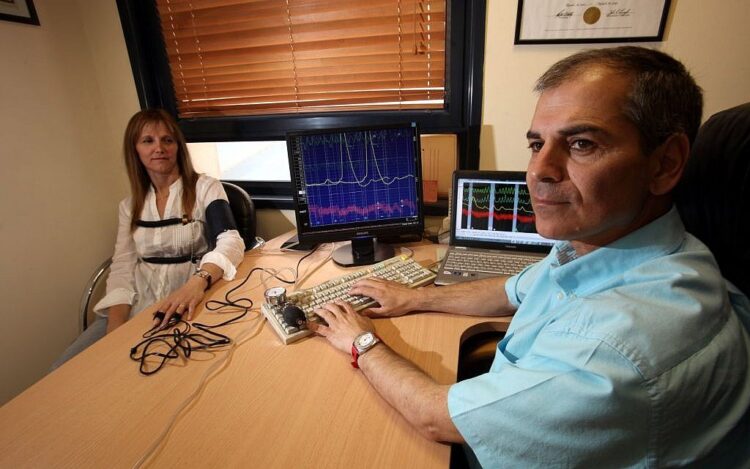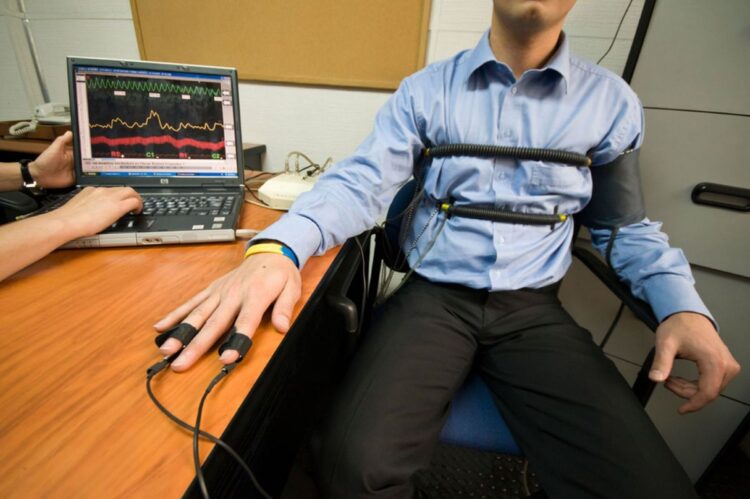Since in 2020, information overtook oil and gold on the world’s list of strategic goods and officially became the most valuable resource in the world, it became clear to the world public opinion what every intelligence officer knows. There is nothing more valuable than timely and verified information.
Value cannot be expressed monetarily because value is priceless. Timely and verified information allows you to win at work, that’s how wars are won. This is how the fate of the world is decided. In the business world, time is money. Whoever has the better information will be the winner in any type of conflict, conflict, war, or in this case, corporate war.
Page Contents
Industrial Espionage

Source: tixeo.com
Industrial espionage is the most harmful activity in the corporate world. Industrial espionage is the theft of business secrets and the acquisition of information that is confidential in nature and can be used to gain an advantage over the competition. In this sense, industrial espionage is an activity that is at the same time the most valuable and the most harmful, depending on which side you look at. Everyone wants to know the secrets of the competition and to keep their secrets.
“In the business world, the rule is that the best offensive is a quality defensive” – says our source, a detective agency from Belgrade. If you are able to protect your secrets and your resources, you are already at a great advantage. In the modern corporate world, various methods are used, and the method that stands out in particular is the application of the polygraph in the corporate sector, a private detective from a detective agency tells us. Companies that operate with confidential information must not allow that information to “leak” outside the company because it can cost them dearly, therefore, there is a financial risk as well as a reputational risk.
Prevention

Source: aithority.com
Companies must take care of who they accept into their corporate environment, more precisely, they must focus on the candidate selection process in the recruitment process. Each company has its own criteria that automatically disqualify a candidate from the hiring process. In this way, the company is protected from outside penetration. It is a preventive form of protection and it is the most important. As for internal security, the company’s staff is checked periodically, for a certain period of time, regularly, but there are also extraordinary checks that are carried out randomly, as needed or at the discretion of the security management.
Industrial espionage does not necessarily manifest itself only through infiltration or disclosure of information from the company, also one of the types of theft of corporate secrets is through cyber attacks and hacking of the company’s computer. In this sense, there can be “phishing” attacks, “man and the middle” attacks, “brute force” attacks, and many others. Therefore, it is necessary to train staff in this sense, invest in good cyber protection, and, most importantly, conduct periodic penetration testing of the system in order to identify vulnerable points, i.e., weaknesses that an attacker could exploit when attacking the system, and to those vulnerabilities are repaired in time, therefore, prevention in every sense.
Polygraph and Corporate Espionage

Source: timesofisrael.com
Polygraph testing has proven to be an irreplaceable part of this process. The first method of polygraph testing that is applied in the corporate sector for the prevention of industrial espionage is the “screening” polygraph test, which is applied at selection of candidates for employment in the company. The company chooses the elimination criteria and accordingly the questions for the candidates are defined and in this way the possibility of access to the corporation is prevented, therefore, the possibility of a critical subject entering the corporate environment is prevented and this is the best form of application of polygap, prevention.
This type of test contributes to the creation of an extremely strong safety culture and allows maintaining a high level of safety awareness in the corporate environment by sending a strong message by eliminating risky candidates and candidates who pass the selection process know that they are in the monitoring process and will be monitored from time to time. probably re-tested on the polygraph and thus the risk of the human factor is reduced to a minimum. Some examples of questions in the application of this method are: “Did someone send you to spy on Company X?”, “Do you work for a competitor of Company X?”, “In your former workplaces, did you steal confidential information from the company?” who did you work for?”, and so on.
Espionage and Sabotage Test

Source: owlcation.com
Another method of polygraph testing that is applied in the corporate environment is “TES”, i.e., “Test for Espionage and Sabotage“, which is used for monitoring already existing personnel. It can be applied periodically or outside, as needed. This is a specialized test that was developed specifically for use in intelligence services, specifically counterintelligence. This makes this test ideal for use in the fight against industrial espionage in the corporate sector, especially when we consider the fact that this test has performed well in the field and achieved excellent results in the intelligence world. Applying this test maintains an optimal level of security in the corporate environment.
The TES test is the best “tool” a corporation has in the fight against “information leakage,” which is the most damaging activity for any corporation and can cause damage of unfathomable proportions. Some of the sample questions in this test are: “Since you started working at the company, have you shared confidential information with anyone outside the company?”, Since your last polygraph to date, have you copied any confidential information from the database data, except for business purposes?”, and so on. To summarize, the model of regular application of these two specialized polygraphic methods maximizes the level of security in the company, minimizes the possibility of penetration and prevents information leakage, and this method represents the best form of combating industrial espionage currently available in the world.





